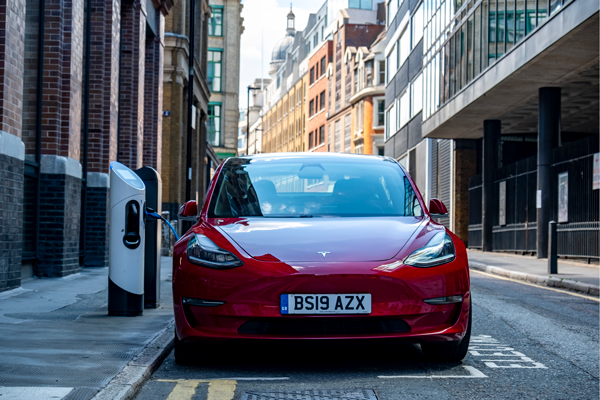More than 50 UK companies in the UK working in the Intelligent Transport Systems (ITS) sector have written to Prime Minister Rishi Sunak urging his Government to move forward with Future Transport legislation.
The letter says the legislation is necessary to drive the development of technologies and applications such as Connected and Automated Vehicles (CAVs), smart ticketing, Mobility as a Service (MaaS) and micromobility in the UK.
The signatories have come together under the banner of industry organisation ITS UK, and the letter sets out recommendations for regulations in each of these areas to provide certainty for the sector.
The letter points to recommendations on the UK Law Commission on self driving and remote driving vehicles and says they should be enacted to create a regulatory environment for the “safe and successful” use of these technologies.
The Commission’s advice includes recommendations for safety requirements for remote driving, where companies wanting to use remote driving beyond line-of-sight on roads without an in-vehicle safety driver could submit a safety case to the Vehicle Certification Agency and apply for a vehicle special order.
Subject to satisfying a safety standard, organisations intending to use remote driving would be able to obtain a licence.
The ITS UK letter also calls for nationwide regulations for eScooters and eBikes, so that city regions are able to transition effectively from short term trials to longer term schemes.
The idea of a future transport bill was mentioned in the Queen’s Speech in 2022 by the late monarch, but no legislation has yet materialised.
Max Sugarman, the Chief Executive of ITS UK, said that the UK was home “to some of the most innovative transport technology companies in the world.”
“For the sector to continue to thrive, it needs a Future of Transport Bill that builds upon the work of the Law Commission on remote and self-driving vehicles, that allows the rail sector to modernise through industry reform, that sets out a long-term plan for shared micro-mobility schemes and which sets up the right framework for the development of a more integrated transport system through MaaS,” said Sugarman.














